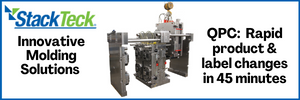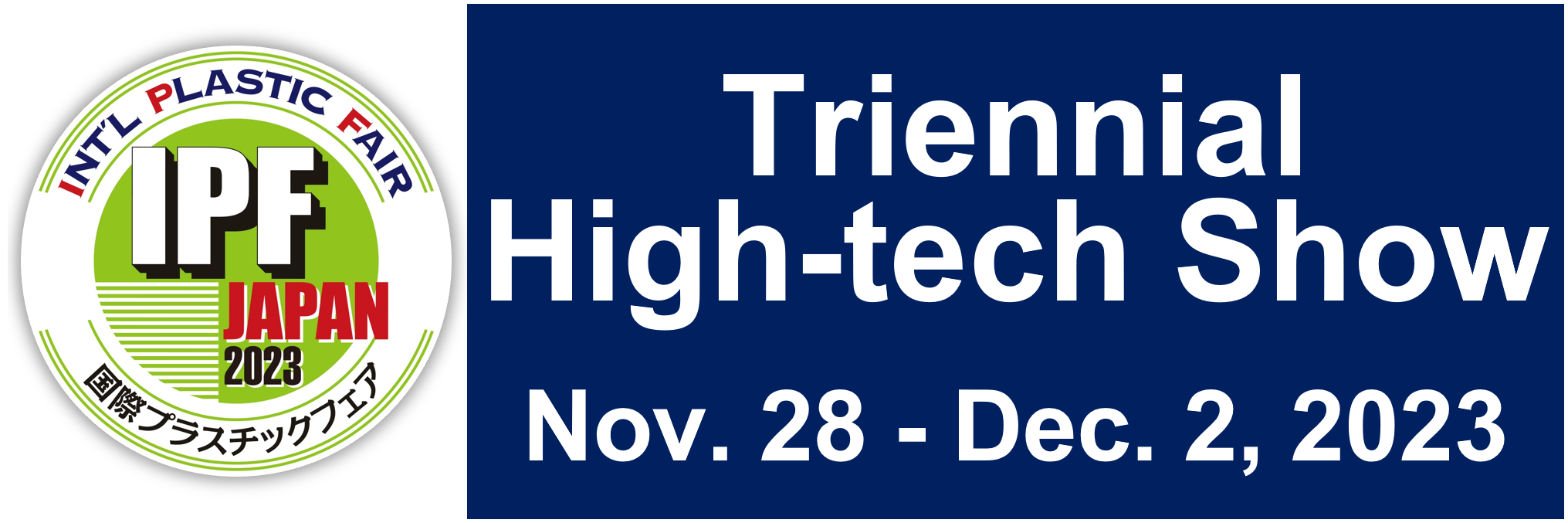Recycling: Toray/Honda to jointly validate chemical PA6 recycling; MOL/Idemitsu to launch demo test on recycling of marine waste
Japan’s Toray Industries has signed an agreement with Honda Motor Co to jointly develop a chemical recycling technology for glass-fibre reinforced nylon 6 parts recovered from end-of-life vehicles. The two have begun verifying this technology, which entails depolymerising with subcritical water and regenerating the materials as caprolactam, a raw monomer. Toray and Honda are to set up a pilot facility with a processing capacity of 500 tonnes/year of raw resin, conducting validation testing with it.

The two companies focused on such subcritical water characteristics as its high permeability, dissolving power , and hydrolysis effect in resins in developing a technology that successfully depolymerises nylon 6 with that water.
Subcritical water is water at high temperatures and pressures. It is free of catalysts, additives do not affect it, and it can depolymerise nylon 6 in several dozen minutes to create high yields of raw monomer. Separating, refining, and repolymerising that monomer makes it possible to regenerate nylon 6 that performs like a virgin material.
Japan’s Ministry of the Environment adopted this technology for a fiscal 2023 project to establish a decarbonised circular economy system, including to validate recycling systems for plastics and other resources.
The first step with this work is to recycle used automotive plastic parts into the same automotive materials. The two companies will develop depolymerisation and monomer separation and refining technologies by employing intake manifolds as raw materials for engine intake system parts. They seek to apply these technologies for recycling chemicals in automotive resin parts by around 2027.
Down the track, they will look at broadening the scope of their chemical recycling technology to encompass apparel, films, and other non-automotive applications.
They also envisage inviting other companies to take part in their effort and a set up a chemical recycling scheme for nylon 6 in Japan.
In related news, Mitsui O.S.K. Lines (MOL) and Idemitsu Kosan Co have announced the joint start of a demonstration test on the recycling of marine plastic waste.

MOL Group company Nihon Tug-Boat Co has installed an automated marine debris collection device called Seabin at the Hiroshima Municipal Pier, which is used as a base for tugboats, with the aim of promoting marine environment conservation.
In the demonstration test, Idemitsu Kosan subsidiary Chemical Recycle Japan Co, using the marine plastic waste collected by Seabin as raw material, produce generated oil by its technology of recycling of used plastics into oil.
Through a series of these initiatives, Idemitsu Kosan will confirm the availability of generated oil as a raw material for petrochemical products and fuel oils and verify the feasibility of recycling marine plastic waste.
In the future, Idemitsu aims to produce renewable chemicals and renewable fuel oil with its oil refining and petrochemical equipment, using generated oil derived from marine plastic waste as raw material.
(IMA)Subscribe to Get the Latest Updates from IMA Please click here
©2023 Injection Moulding Asia. All rights reserved.















